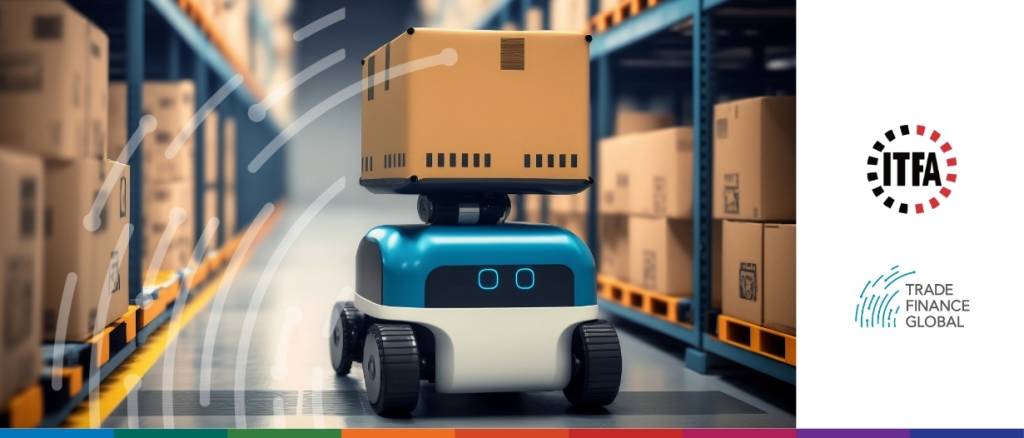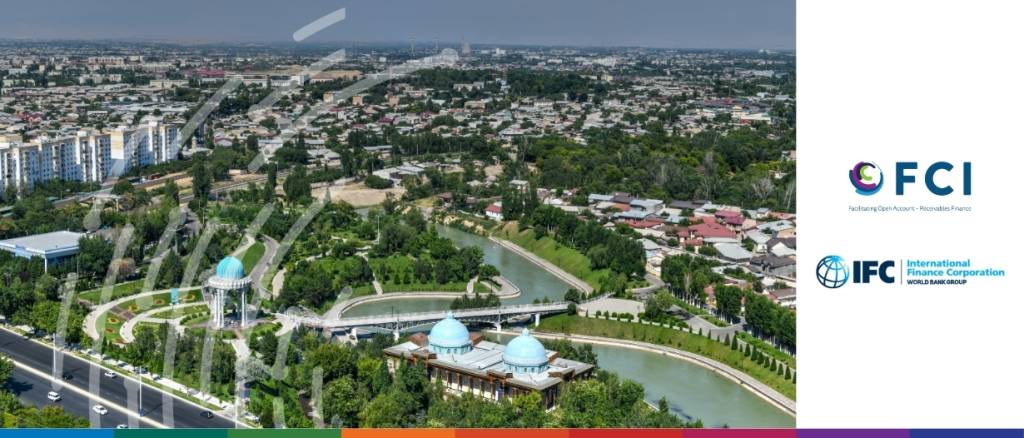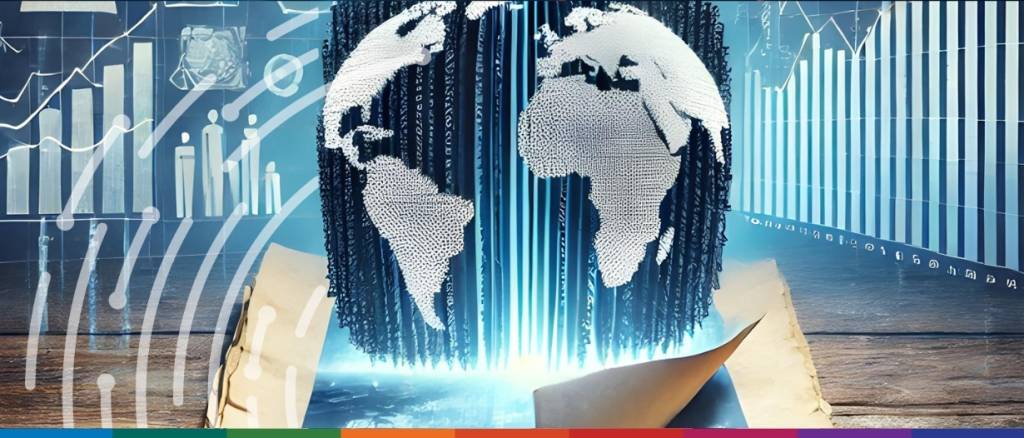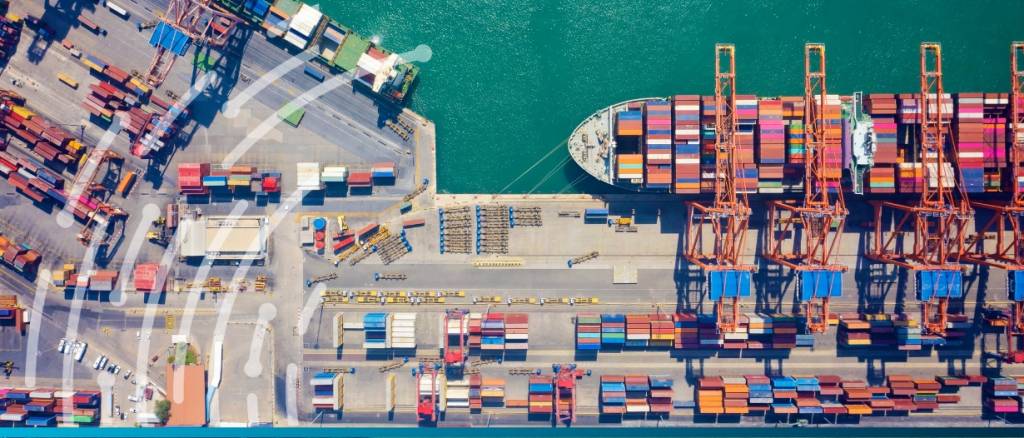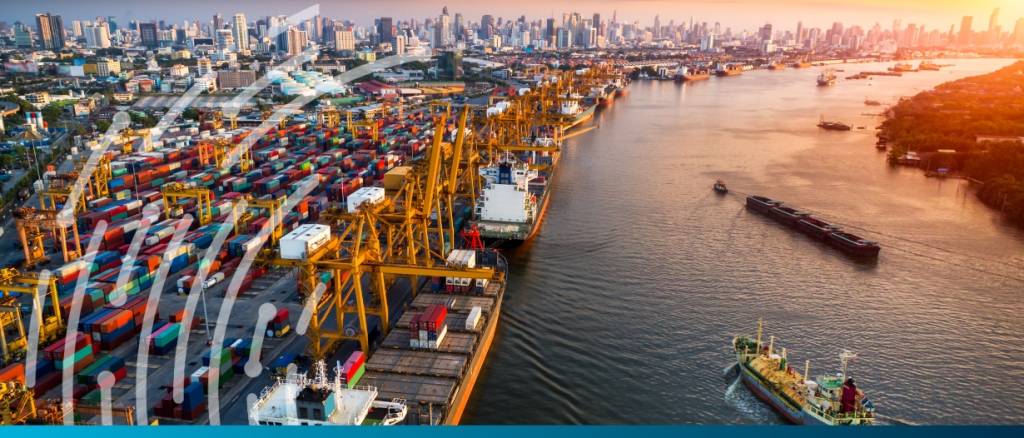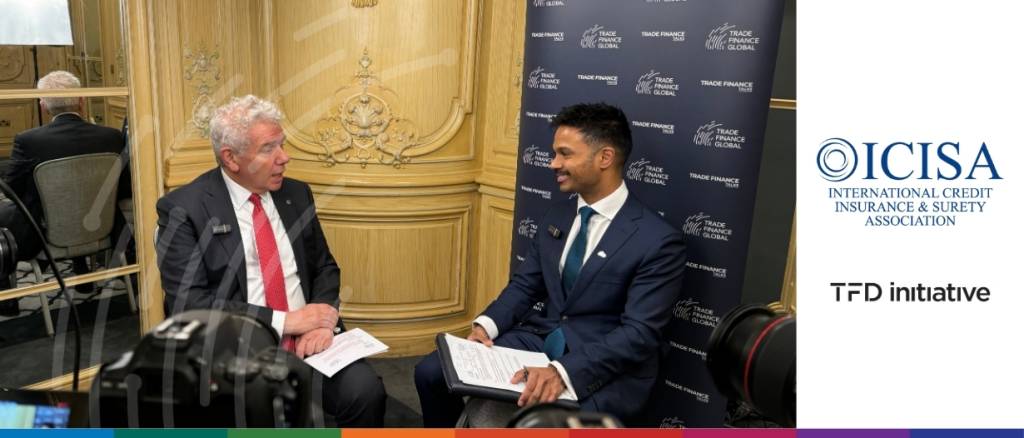As the year winds to a close we’re revisiting our predictions to see how well they measured up to reality. Let’s dive in!
Latin America is alive with the energy of a digital transformation, offering unrivalled growth opportunities for international businesses. With a tech-savvy youth population and rapidly increasing internet penetration, the region’s… read more →
At the International Trade Forfaiting Association’s (ITFA) 2024 Christmas party, Trade Finance Global (TFG) spoke with Sean Edwards, Chairman of ITFA, and Dhiresh Dave, Chief Legal Officer and Managing Director – Legal, Compliance and Governance at Falcon Group, to discuss a financing tool that might come in handy for Saint Nicholas: inventory finance.
Small and medium-sized enterprises (SMEs) are the backbone of any national economy, a characteristic that is pertinent in Uzbekistan. Not only do SMEs account for almost 50% of the national GDP, but they also employ almost 80% of the workforce—the biggest source of employment in a nation where unemployment is high, at around 7%.
As part of our C-Suite Leadership Series, Deepesh Patel, Editorial Director at Trade Finance Global (TFG) spoke with Angela Duca, Global Specialty Head, Credit Specialties at Marsh, to help answer pressing questions about the trade and credit landscape.
Buckle up, and fasten your seatbelts! It’s been another turbulent year for trade, treasury and payments. Our data team poured through the analytics of hundreds of podcasts, videos and stories… read more →
This article will explore digitisation vs digitalisation, explaining the differences between these two concepts and providing examples of their applications and implications in especially trade finance industry. What is trade… read more →
The United Nations Commission on International Trade Law (UNCITRAL) is developing a comprehensive international convention to standardise negotiable cargo documents across multiple transportation modes, potentially transforming international trade documentation practices.… read more →
The agreement, a modified version of the planned Trans-Pacific Partnership trade deal that once involved the US before President Trump pulled out in 2016, was signed by Rishi Sunak’s Conservative… read more →
At the 2024 Trade Finance Investor Day conference in London, Deepesh Patel, Editorial Director at Trade Finance Global (TFG), sat down with Richard Wulff, Executive Director of the International Credit… read more →

















